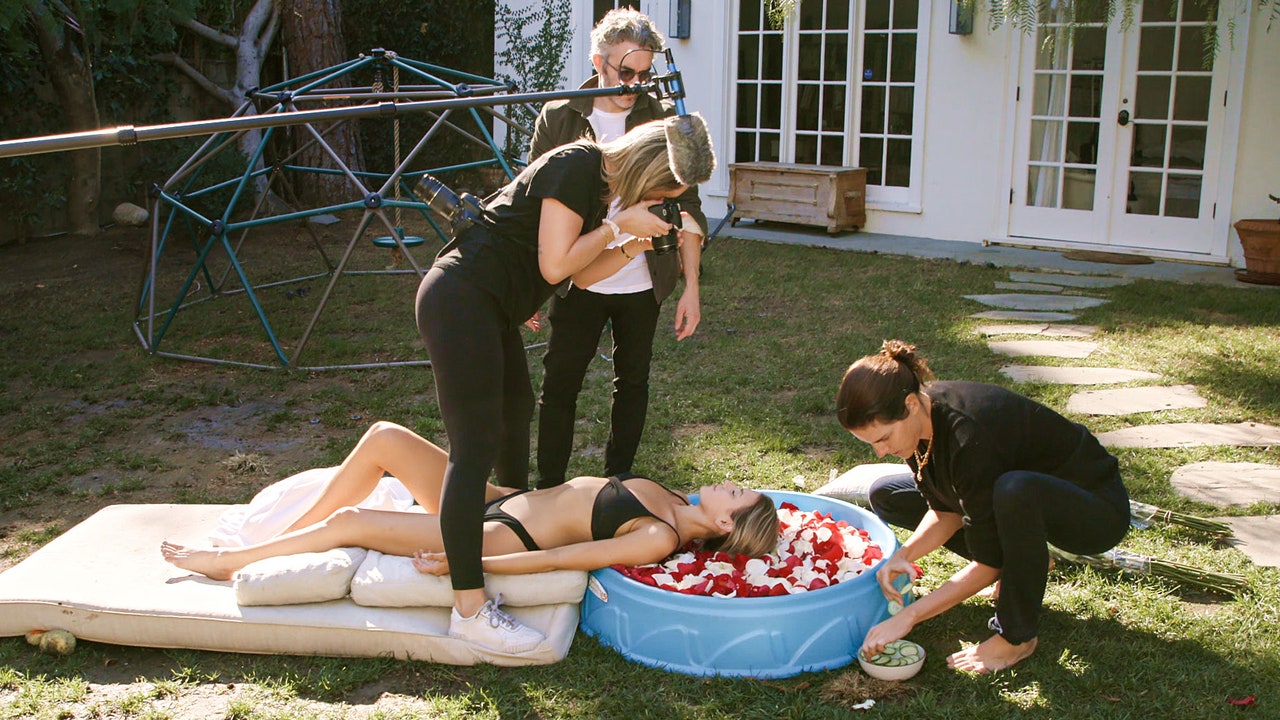Tag: Film
-
How “Battle Royale” Took Over Video Games | The New Yorker
How “Battle Royale” Took Over Video Games
With a simple, ingenious formula, a Japanese novel has inspired some of the most successful games in history.
via The New Yorker: https://www.newyorker.com/culture/culture-desk/how-battle-royale-took-over-video-games
In the mid-nineteen-nineties, Koushun Takami was dozing on his futon on the island of Shikoku, Japan, when he was visited by an apparition: a maniacal schoolteacher addressing a group of students. “All right, class, listen up,” Takami heard the teacher say. “Today, I’m going to have you all kill each other.” Takami was in his twenties, and he had recently quit his job as a reporter for a local newspaper to become a novelist. As a literature student at Osaka University, he had started and abandoned several horror-infused detective stories. But the well had long since run dry; he had left his job with neither a plan nor a plot in mind. The visitation wasn’t a haunting; it was an epiphany.
-

“Fake Famous” and the Tedium of Influencer Culture | The New Yorker
“Fake Famous” and the Tedium of Influencer Culture
The HBO documentary follows three nobodies who are trying to become social-media famous—a pursuit that involves buying followers, unboxing products, and staging photo shoots in a plastic kiddie pool.
via The New Yorker: https://www.newyorker.com/culture/on-television/fake-famous-and-the-tedium-of-influencer-culture
There is a kind of D.I.Y. creativity about all of this, a spirit of making do, which allows the plucky influencer some agency. “Remember, you’re the Lulu girl!” Dominique’s mom reminds her daughter, early on in the film, when Dominique expresses doubts about her ability to make nice at her retail job—and, in her attempts to become an influencer, Dominique’s fealty to Lululemon is exchanged for a commitment to the new version of herself that she has decided to sell online. Dominique wants to brand her own self rather than work for someone else’s, and on the face of it, one might wonder what could be wrong with this strategy, in which, instead of allowing a corporation to harvest the surplus value of an employee’s personality, the employee is able to harvest it for herself. (Slay, kween!) Depressingly, though, as Dominique’s popularity grows—she even starts getting more auditions and acting gigs, thanks to her burgeoning Instagram profile—her success seems to depend not on any surplus of personality but, rather, on a lack thereof. She develops an audience by posting videos of herself unboxing products that she has been sent for free by other brands: a blender, energy bars, slippers, a CBD vibrator. Dominique “is like a piece of Play-Doh,” Chris says to Bilton. Like the pink wall on Melrose, she is eye-catching, but still blank enough.
